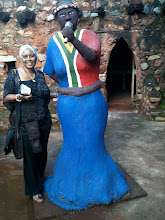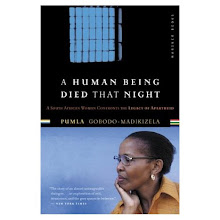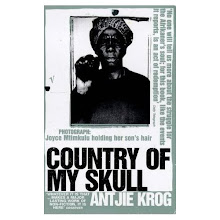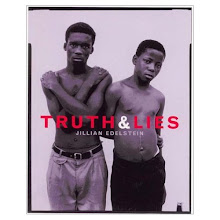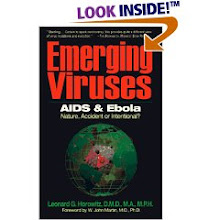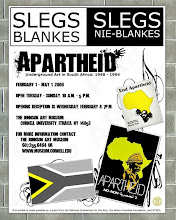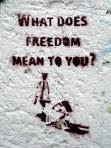
There is a saying in South Africa when you hit a woman you strike a rock.

 I am choosing to write about this today because yesterday I received my Identity Document book for South Africa. The history and metamorphosis of this book is long and carries with it a stigma of the past oppression during the struggle of apartheid.
I am choosing to write about this today because yesterday I received my Identity Document book for South Africa. The history and metamorphosis of this book is long and carries with it a stigma of the past oppression during the struggle of apartheid. 
When ever I return home from South Africa or London, I hear more stories and see more photos of my father, as I did not know much about his history. A plethora of mixed emotions that makes me sad (because there was much I did not know and joyful because I discover more about him each time ) He died in Spain, when I was 24 years old on the way back to England and on the way to my wedding. He died of a heart attack, in Spain (where he had said he wanted to be buried) but I believe it was a broken heart having to leave his homeland South Africa and all his family. Recently I found out about his activism as a young man, it filled me with joy as I had found a connection to him.
He grew up in a household of all women, and I believe often escaped to a shed at the bottom of the garden. He loved to read, always in a book even at the dinner table. Plagued with bronchitis and the bitter winters and fog in London, we would also often find him poured over a bowl of vick water a towel draped over his head. I often used to climb into bed when he was sick and he would teach me my French for the day. All the words I remember today are remnants of my father’s teachings, I do not remember a thing I was taught in school. He was a teacher, loved by his students in South Africa, I was told recently. A great football player, captain of his team, and a lover of History and studying form! Before we had a phone in the house he could be found in the red telephone box on the corner of our street, with the blue book, placing bets. A liberal man who did not suffer fools . My mother would throw parties and my father would often dissapear with a book to bed.
I do not remember one word of reprimand to me or maybe I just do not want to remember, as I adored him.
I mention this as it is all part of his history that shaped who he was. Part of what I do is to help people to heal what I am calling the wounds of ancestral legacy. That which shaped our mothers and fathers, their fathers, grandfathers and ulimately us, how we show up today. I am well aware that not everyone has good memories of their father or may not even want to remember him, and so when Father’s Day comes along it may be hard for some. What has been helpful is to be curious about this man who gave us life, who is a part of us, and to also discover what it was like for him growing up which may have contributed to how he showed up as your father. With whom, can or could he, the father, share his wound when the messages often received were as kids “big boys do not cry” and continuing into adulthood that the man of the house is expected to provide.
Fathers who leave, and it seems stastically to be more than mothers, are often left in our memories as Superman or we stay mad at them or worse still we blame ourselves for their behaviuor and constantly look for validation from other men who come into our life.
My experience was confusing. Knowing I was loved and Daddy’s little girl (the only girl in the family) yet my Father did not know how to express his love. When I heard the stories of his family growing up I understood why and could forgive. You may not be able to forgive, and some may have amazing wonderful fathers. I can only imagine it is a huge responsibility taking care of children, as it is a huge responsibility to provide for your family for years, maybe having to give up dreams.
The father wound cuts deep for daughters and sons as it does not neccesarily hold the notion of unconditional love as the mother is supposed to represent. We are constantly looking for validation, a role model and someone to be proud of, someone strong and when he fails in one or all, it can be devastating and when he does not see our gifts it can wound us for life. What ever your experience of your father, alive or passed I invite you to “find the blessing alongside the wound” Michael Meade. Generally I feel men and Fathers get a bad rap in this society ( I hear the screams from some women as I write this) but when I have sat in San Quentin mens prison and heard the men’s stories or when I hear the stories of client’s fathers and grandfathers actions in divination, it remnds me that we ALL have a story and maybe no one has bothered to take the time to listen to them. I am deeply regretful to not have a father to tell me stories of our families legacy, and that I never knew my grandfather in the male lineage, it holds a rich legacy. So make the most of it while they are still here.
They say when the father dies your life work begins and so it is












